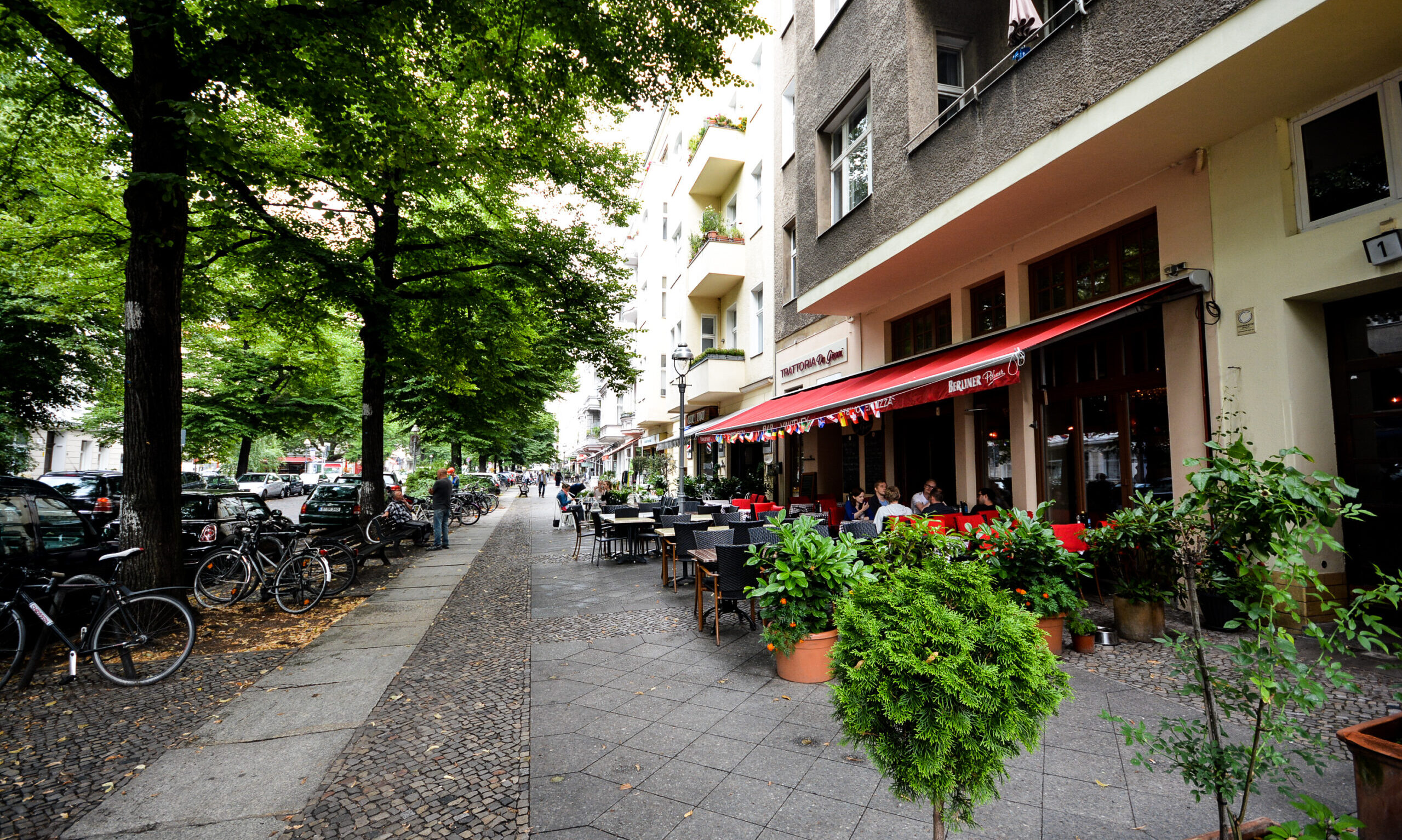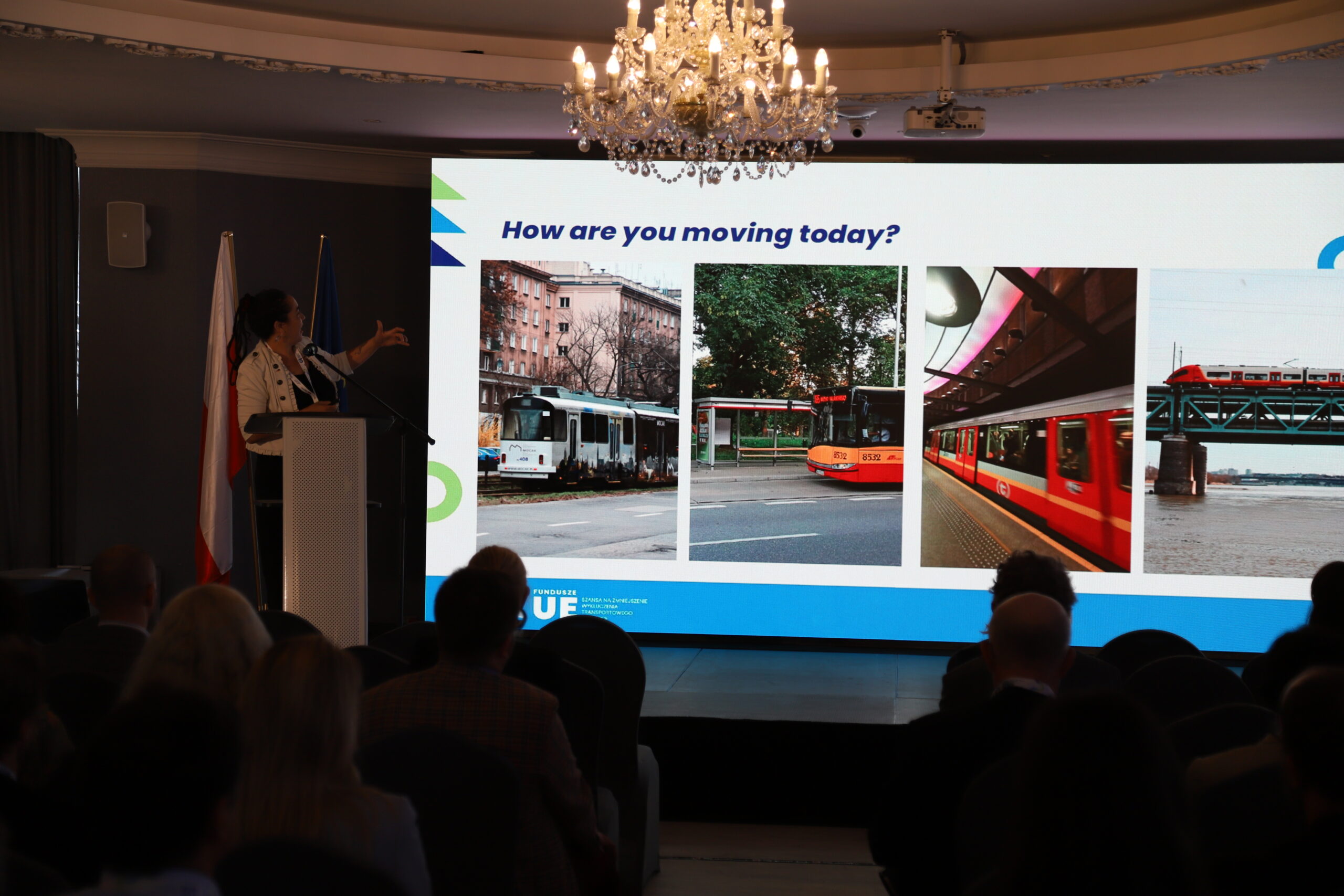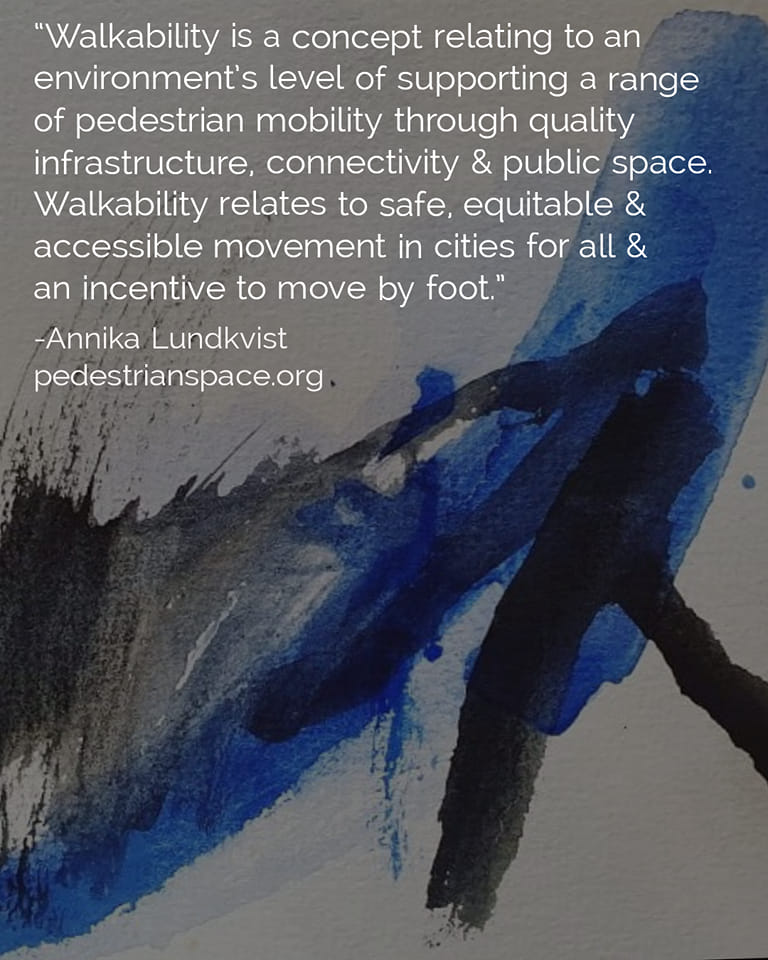
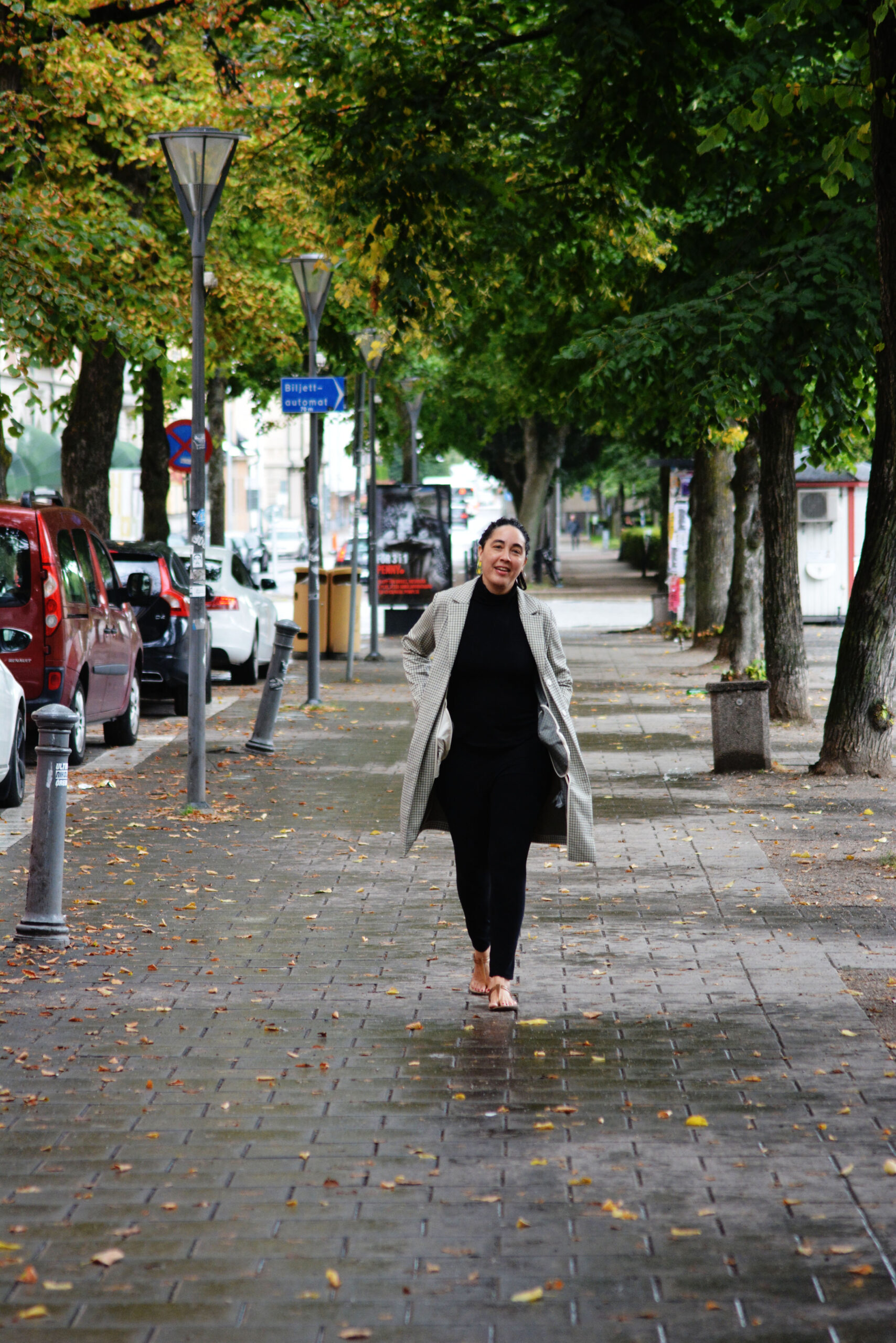
Annika Lundkvist approaches issues of urban resilience from a holistic perspective and through a quality of life lens.
She values continuously crafting a transdisciplinary research and practice approach and her mobility work highlights the many dimensions of enhancing walkability in communities, including the importance of quality, accessible, and affordable public transportation, the myriad health benefits, the importance of spatial equity for diverse generations and groups, and the relationship to environmental protection.
At Pedestrian Space, there is also a developing focus on community and urban agriculture as an often overlooked dimension of sustainable cities and with an interest in the benefits and challenges of supporting these activities to help shape food literacy, strengthen local food access and food security, cultivate food sovereignty, and contribute to community resilience.
Central in her approach is collaborating with various actors across communities, including municipal agencies, stakeholders, community organizations, individual collaborators, institutions and the public.
Read more about her personal connection to issues of walkability here.
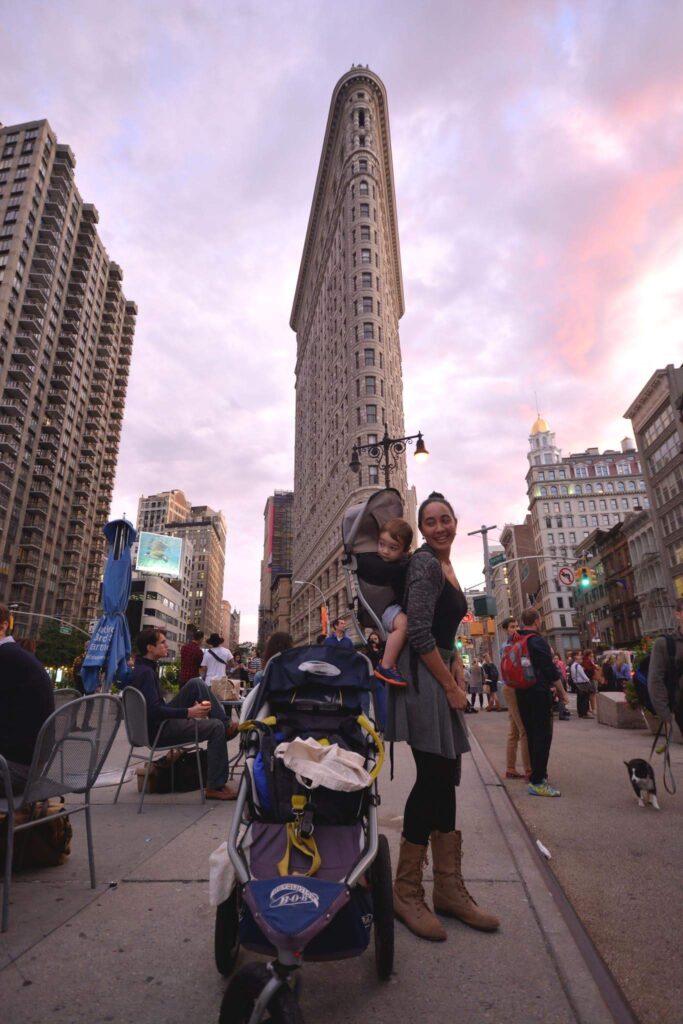
In creating Pedestrian Space, I have been excited to synthesize years of experiences and interests as I developed this media, advocacy, communications, and research platform on walkability.
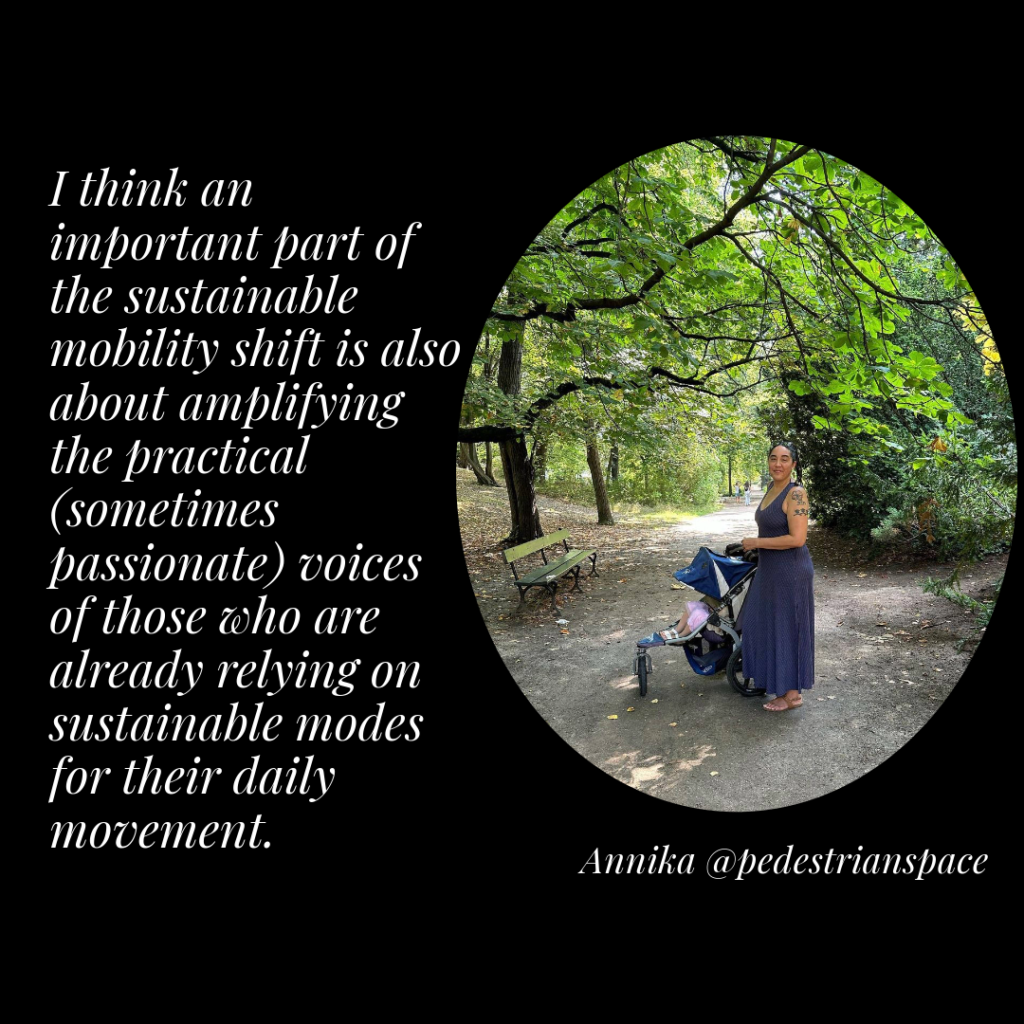
I am a photographer by nature, and you will find many of my own images on the pages of Pedestrian Space. My introduction to urbanism as a young adult in 2000 occurred simultaneous to my start as a photographer, and I have been visually documenting cities and pedestrian activity ever since.
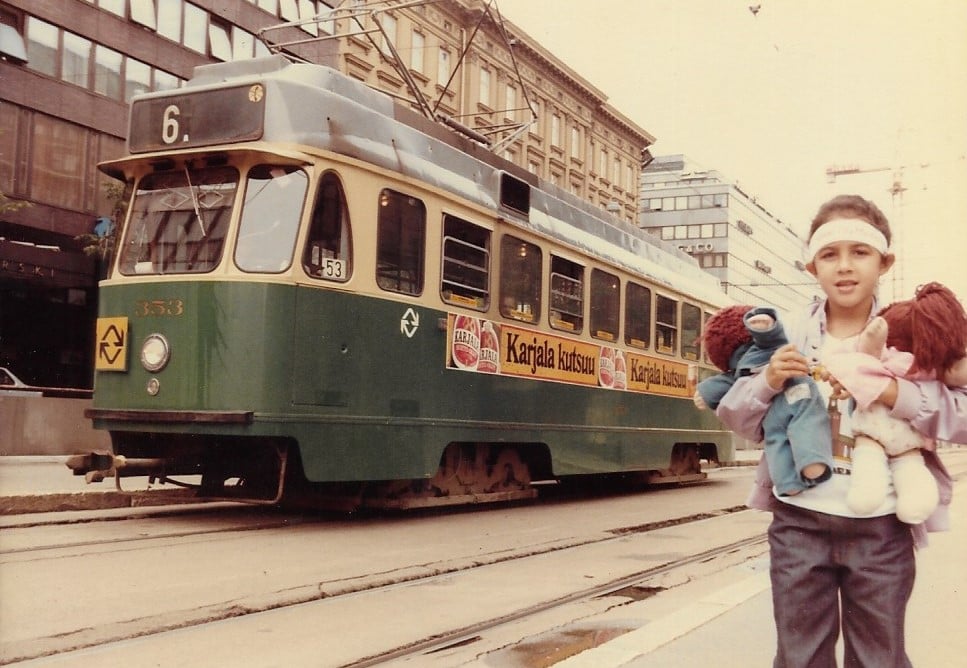
This work has bridged memories of mobility and lived experience in five countries and multiple cities. It has connected directly to my love and deep appreciation for walkable communities as well as my work as a photographer, often focusing on scenes of urbanism, mobility, and the built environment.
The work takes many cues from my academic background in Psychology, Spatial Planning, Historic Preservation, and Geography and offers a foundation to advocate for walkability as an essential dimension of sustainable, vibrant communities and urban resilience.

Issues of local living and proximity are also core to my work, research as well as daily lived experience. Learn more here: https://pedestrianspace.org/category/15-20-minute-city/

EXPERIENCE
Founder: Pedestrian Space, NGO & media platform on walkability, urban resilience& sustainable mobility (2020 to present)
PhD Student: Best Practices and Barriers of Walkability via 15-minute city lens in Warsaw, Institute of Geography & Spatial Organization (October 2022-present)
Research Fellow: The Schumacher Institute (2022-present)
EDUCATION
- PhD Student, Institute of Geography & Spatial Organization (October 2022-present)
- Master of Arts in Historic Preservation, Cornell University (Ithaca, NY, USA, 2006)
- Master of Science in Spatial Planning & Built Environment. Royal University of Technology (Stockholm, Sweden, 2004)
- Bachelor of Psychology, University of Hawai’i at Hilo (Hilo, Hawai’i, USA, 2000)
PUBLICATIONS
- Urban public health and walkability: advocating for more inclusive toilets Urban public health and walkability: advocating for more inclusive toilets, Cities & Health Journal (June 2025)
- Researcher reflections from an urban lab: best practices and barriers of walkable urbanism via a 15-minute neighbourhood lens in Warsaw, Cities & Health Journal (June 2025)
- An Interdisciplinary Approach for an Experiential Dimension of Future Underground Urbanism, TRIALOG (May 2025)
- Exploring Warsaw Metro: Subterranean Solutions for Walkability in Cities, In book: Underground Spaces for Climate Resilience and Sustainability (February 2025)
- Central European Urban Resilience Handbook for Best Practices (October 2024)
- ‘Beyond Cars: Cultivating a New Mobility Culture’, Special Report on the Future of Mobility in Smart Cities (2024)
- Contributor to DUT Position Paper: Navigating the 15-minute city
PROJECTS & GRANTS
- IGSO PAS team in Driving Urban Transitions project CONIFER (January 2025-current)
- Ambassador of Change, Horizon Europe PLUS Change Project, Horizon Europe (2024)
- Expert in CEURES Visegrad Project: Central European Urban Resilience project: (October 2023 – October 2024)
- Urban Communication Foundation Mini-Grant (April 2023)
- Expert in (2023-2024)
- Visiting Researcher Grant, Mobilise, VUB: Urban Transit Lab Brussels (2023)
EDITORIAL
- Editor for University of Vermont Press Contributed Volume ‘Walkability & Planetary Health’ (2024-Current)
- Guest Editor for Journal of Urbanism: International Research on Placemaking and Urban Sustainability Special Issue on ‘Spatial, Environmental & Social Dimensions of the 15-Minute City’ (2025-Current)
- Lead Guest Editor for Cities & Health Journal Special Issue ‘Walkability & Mobility Justice: Planning for walkable, equitable & healthy communities across continents, countries & cultures’ (2024 to current)
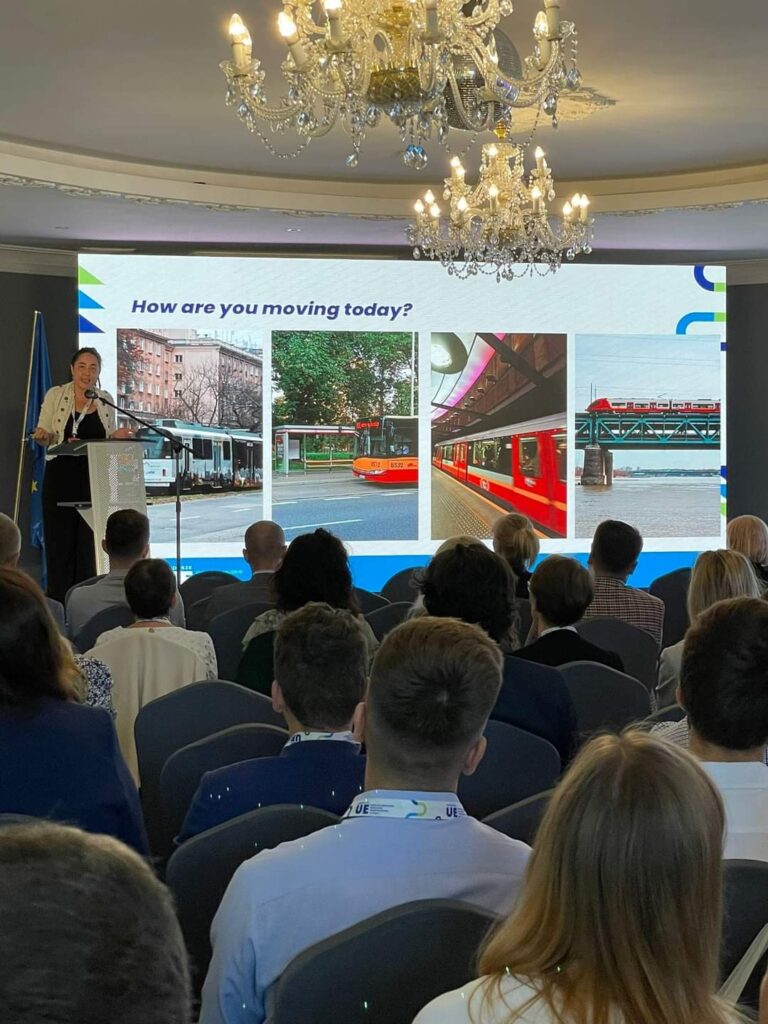
TALKS & LECTURES
- Guest Lecture for International Students in Landscape Planning & Regional Development, Mendel University, Brno, Czech Republic (April 2024)
- Delivered talk on ‘Transformative power of 15-minute cities’ at professional conference ‘Extremities’ of European Young Leaders 40 Spring Seminar in Paris ‘Extremities’ (March 2024)Guest Lecture at Master’s Sustainable Urban Design Programme, Faculty of Architecture, Lund University (October 2023)
- Feature speech ‘Social Exclusion & Transport’, CUPT Conference on Transport Exclusion & EU Funds (June 2023)
- Panel talk ‘Design Conveinence: Designing Sustainable Urban Environments’, hosted by The Helen Hamlin Centre for Design at the Royal College of Art in London (May 2023)
- Guest Lecture & workshop for MA students of Urban Studies program at the Faculty of Geography & Regional Studies,‘Public Policy’ seminar at EUROREG, University of Warsaw (April 2023)
- Lecture at Politechnika Opolska (April 2023)
- Guest Lecture & workshop for EUROREG, University of Warsaw transport policy session (March 2023)
- Guest Lecture & workshop for International MA students in program ‘Architecture for the Society of Knowledge’ at Politechnika Warszawska (March 2023)
- ‘PR for Sidewalks’ at University of Oregon, Urbanism Next Virtual Forum (June 2021)
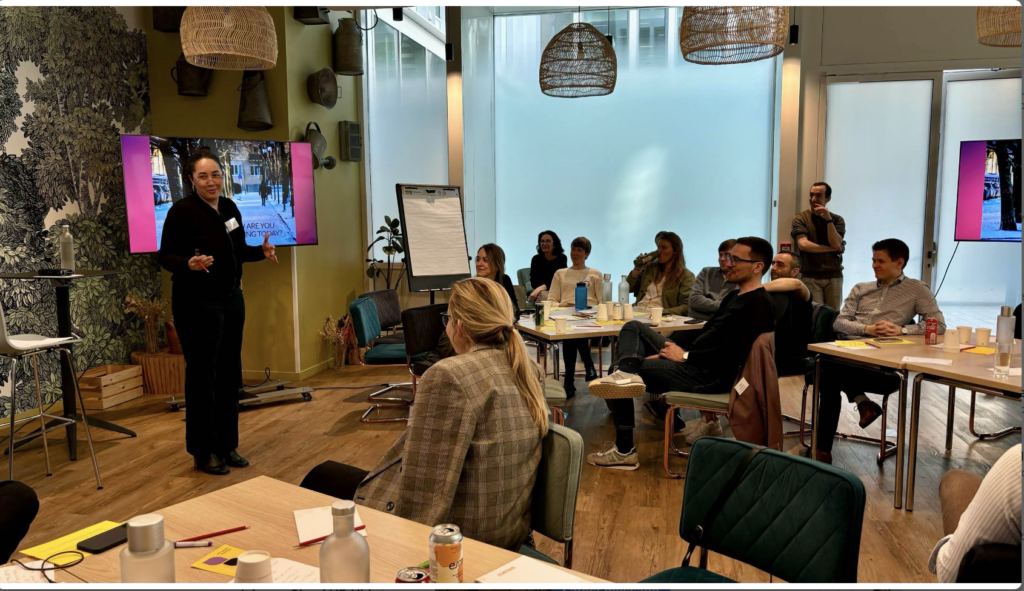
MEDIA
- Host for Skyfarm Island Podcast (January – June 2025)
- Workshop: Walkability as Catalyst for Intersectional Climate Justice (February 2024)
- EIT Urban Mobility video: How is the 15-min city concept transforming our towns? | Discovering Ursynów in Poland! (December 2023)
- Article: ‘Mobility as a Value’ for ITS International magazine (November 2023)
- ‘How one person’s passion for walkable cities became a global conversation’, Cities4children (December 2022)
- Pedestrian Space as a solution in the UN-Habitat People-Centered Smart Cities Compendium (March 2022)
- Podcast Feature with Women in Urbanism: Pedestrian Spaces- Inclusivity & Sustainable Urbanism (June 2021)

NETWORKS
- Member of the Planetary Health Alliance (May 2024 – present)
- Fellow, The Schumacher Institute (FSI) (February 2022 – present)
- Founder & Facilitator: Global Walkability Correspondents Network(January 2022 – present)
- Member in the University of California, Davis Inter-Institutional Network for Food, Agriculture, and Sustainability (INFAS).
INTERNSHIP HOST
- Organizational host for Master’s in Film & TV students Industrial Placements at the University of Bristol School of Arts (January 2025-July 2025)
- Organizational host for Master’s in Film & TV students Industrial Placements at the University of Bristol School of Arts (April 2024-July 2024)
SOME REVIEWS ON MY URBAN MOBILITY WORKSHOPS
“I found the lecture very interesting, as it mainly focused on communication, and we learned from our experiences while trying to recall moments and spaces from our past.” -Student at Faculty of Architecture, Lund University (October 2023 lecture)
“I loved this workshop. Talking and sharing about experiences of city mobility was a great way to exercise my mind and broaden my knowledge on this topic.” -Participant in the Warsaw 2023 workshops
“I love this interactive lecture. By comparing different cities in Sweden and in China, I find I have so many things to share. I would love to join in one of the projects or surveys if there is a chance. Thank you so much.” -Student at Faculty of Architecture, Lund University (October 2023 lecture)
“The workshop is part of modern thinking about urban space. About climate & social challenges. Both officials and transport researchers often overlook pedestrian transport. This is why the workshop & the conclusions developed from it are particularly valuable for building a diagnosis and assessment of the needs of city dwellers, neighborhoods and local communities.” – Professor at the University at Warsaw whose class I delivered two workshops with.
“The workshop was very important to me. I think it is an aspect of great relevance to big city dwellers. What attracted my attention was the energy and engagement of the presenter/host. I recommend the workshop to everybody.” -Participant in the Warsaw 2023 workshops
“Very interesting workshop. I liked the floating structure of the workshop (not strict plan). Looking forward to the next one!” -Participant in the Warsaw 2023 workshops
“This course was very interesting because I never thought these things were considered important. I would really like to work on these qualities and elements in my future thesis to help achieve a walkable neighbourhood in my hometown.” -Student at Faculty of Architecture, Lund University (October 2023 lecture)
In ‘Creating Sustainable Cities’ (1999, The Schumacher Society), Herbert Girardet writes that ‘Food growing should be regarded as an important component of future urban living.’ This sentiment and philosophy is at the heart of my own view of food systems and urbanism.
The heart of Pedestrian Space is not only my images or words, but also a spirit of collaboration and advocacy, with the realization that the development of- and return to- truly walkable, livable cities is a collective and continuous effort.
In 2024 I began to lay out the foundation for work to contribute to this here, from the hyper-micro activity of home gardening to collaborations with fellow researchers, academic institutes, university students and fellow NGO’s committed to sustainable, local food systems.
-Annika
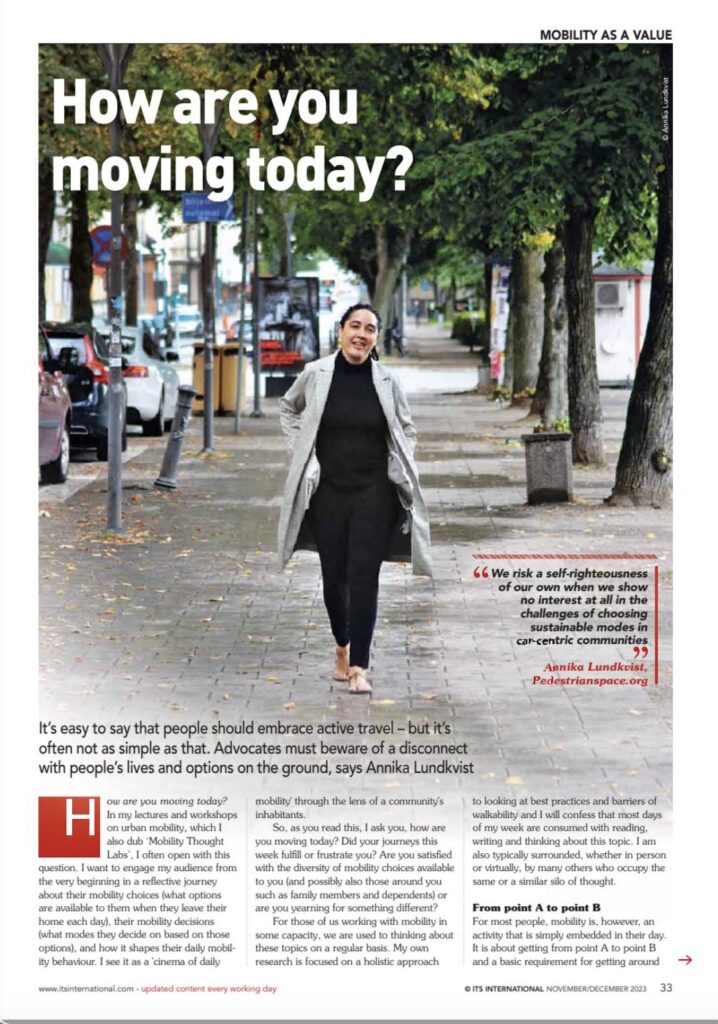
Annika Lundkvist is the founder of Pedestrian Space, an NGO and media advocacy platform that focuses on walkability and urban resilience. Annika also founded the Global Walkability Correspondents Network, an international collective of professionals and advocates that aims to promote healthy and walkable communities.
She is a fellow of the Schumacher Institute and is currently pursuing her PhD at the Institute of Geography and Spatial Organization at the Polish Academy of Sciences. Her dissertation research focuses on studying the lived experiences as well as best practices and barriers of the 15-minute city concept in Warsaw, and how it can be used to promote issues of walkable urbanism.
Annika values working with diverse individuals, students, academic institutes, organizations and other entities on issues of walkability and urban mobility, spatial equity, and urban resilience, issues that are at the heart of her professional work as well as her lived experience in diverse communities.
